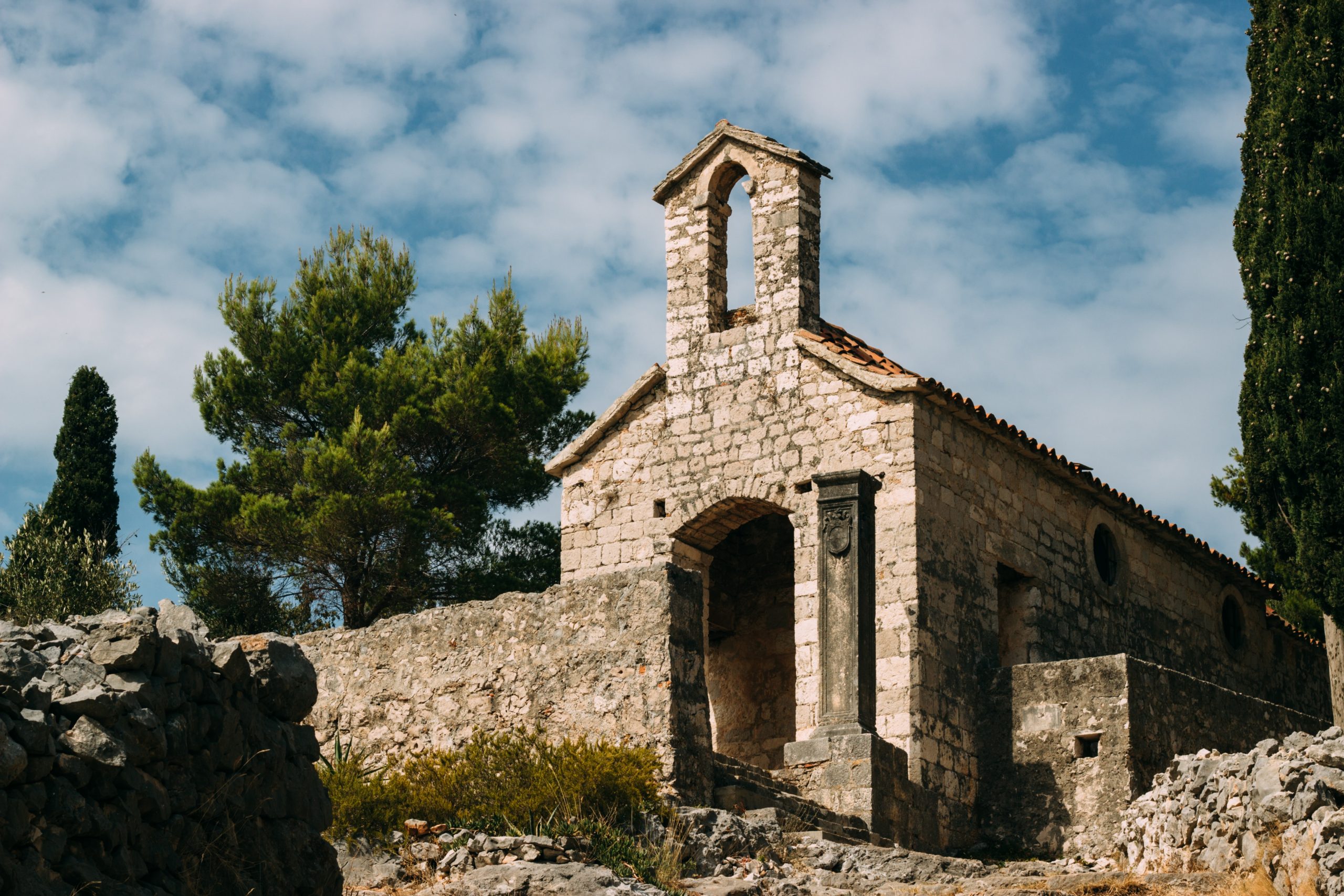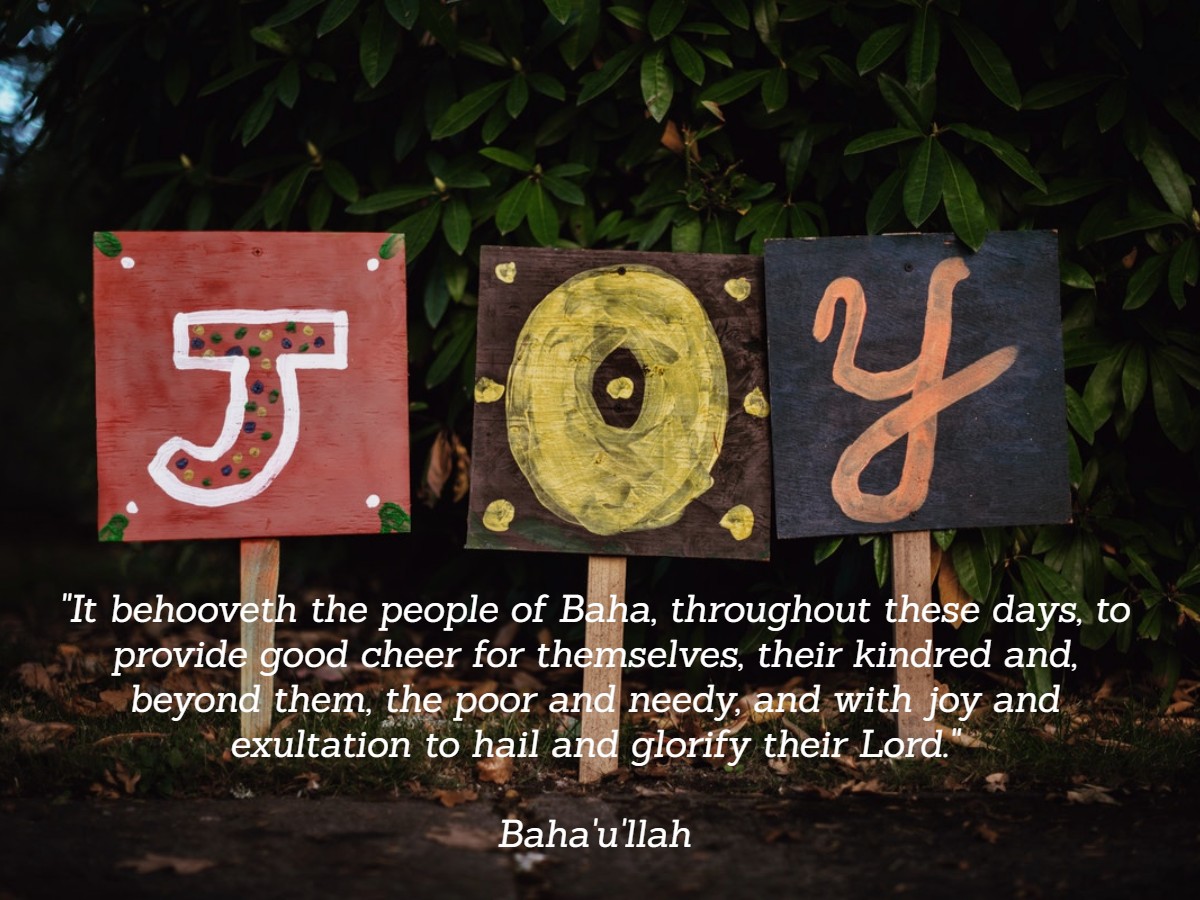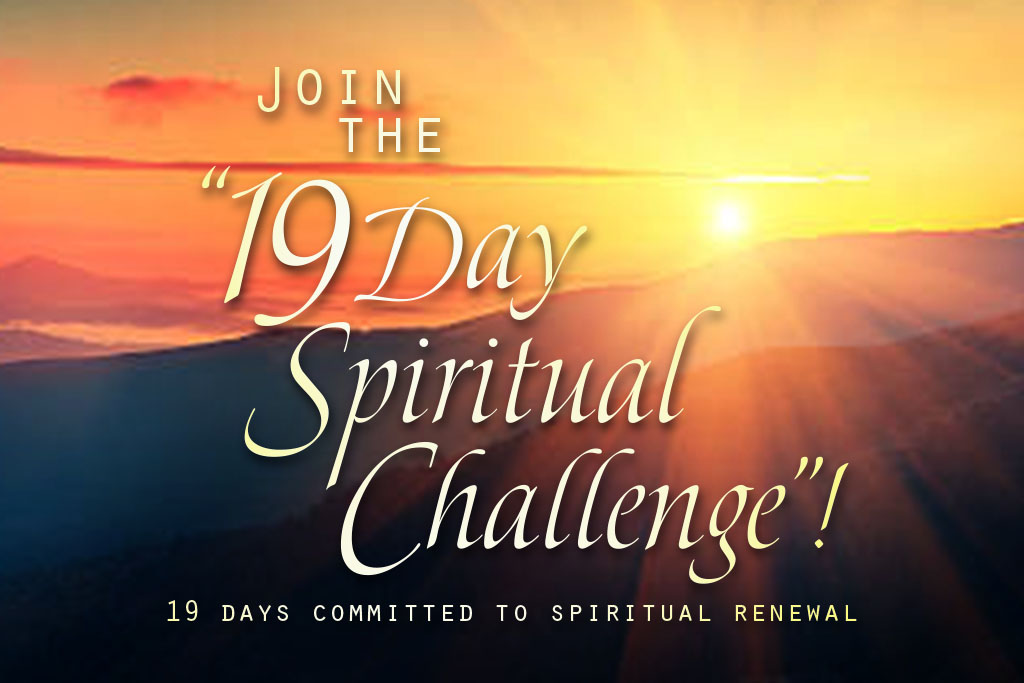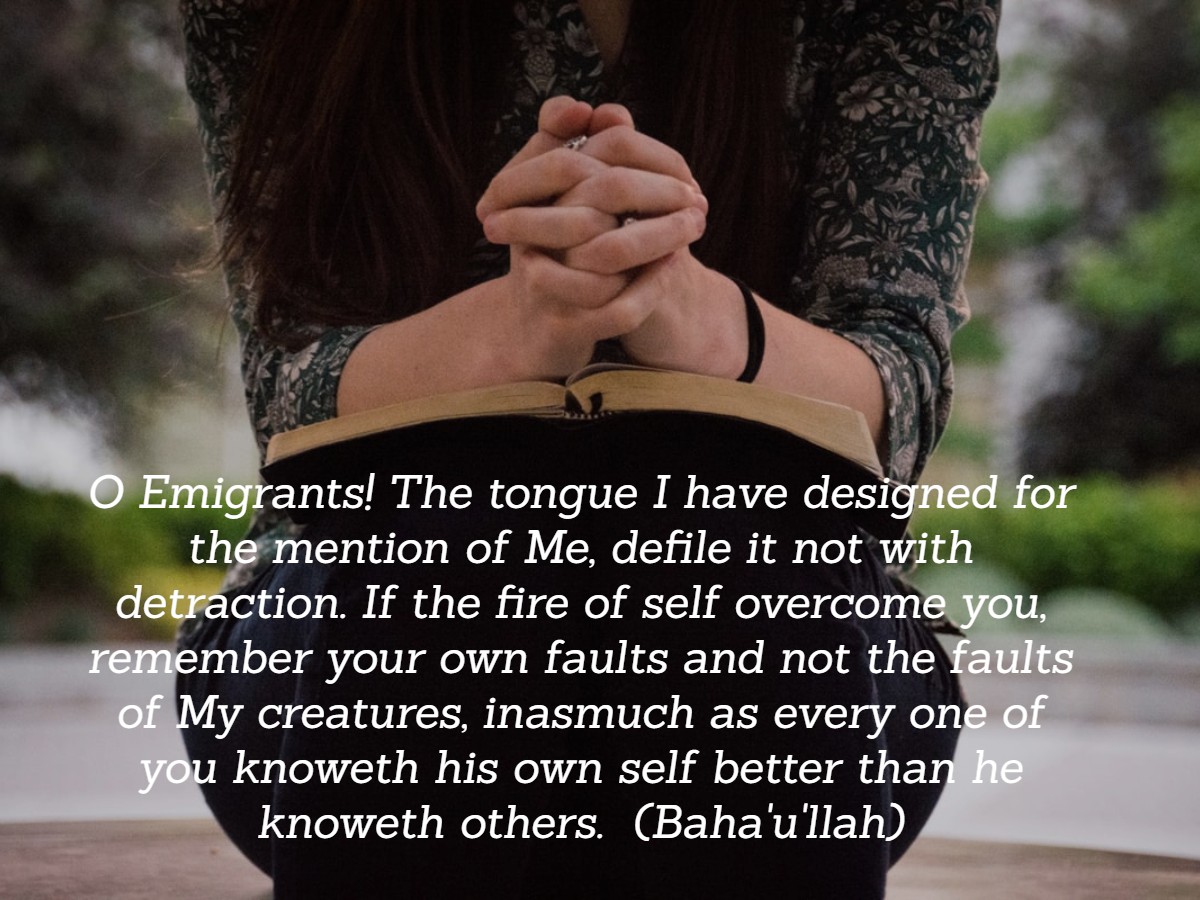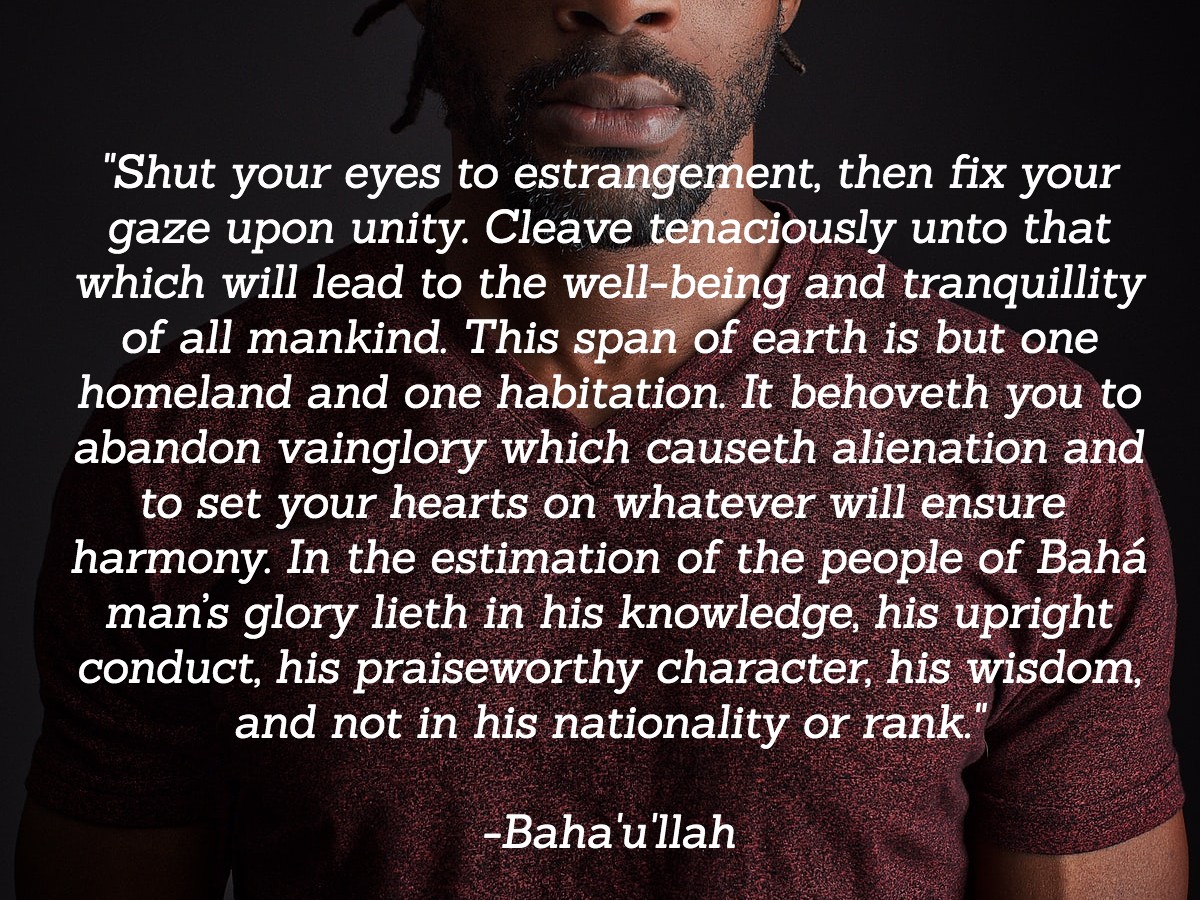In the passages we read from the Gospels, Jesus tells us to-
“‘Love the Lord your God with all your heart and with all your soul and with all your strength and with all your mind’; and, ‘Love your neighbor as yourself.”
He then taught us how to pray, in order to feed our selves on a daily basis and develop our love for God. One metaphor that is used in the sacred scriptures is that of a candle, or an inner spiritual light that exists within each of us. Anyone who has ever tried to start a real fire knows that, once you’ve got it lit, you need to feed it or it quickly goes out. Baha’u’llah referred to this by saying: “Let the flame of the love of God burn brightly within your radiant hearts. Feed it with the oil of Divine guidance, and protect it within the shelter of your constancy.”
But how do we feed it? All the scriptures refer to feeding your spirituality as a daily process, often explicitly through prayer and meditation. Jesus Christ gave His followers a specific prayer to memorize and say (“The Lord’s Prayer”) and the first chapter of the Quran is a prayer. Baha’u’llah literally revealed hundreds of prayers for Baha’is to say, often in the context of a letter or Tablet to an individual believer.
The striking element common to all the prayers revealed for our use by these great Messengers of God is that they explicitly focus on spiritual things, as opposed to anything material. For many people critical of prayer, it seems like an “unscientific” practice, in that you are asking natural forces to give you something you need- often something material- or for some event to happen. It’s true that prayer can degenerate into an almost superstitious practice, so it’s worth focusing on what the revelations of God have actually taught us about prayer. When we do that, we see that the prayers that are taught by Christ, Muhammad, and Baha’u’llah are never about material things.
In one of His Tablets, Baha’u’llah reveals a prayer that says something remarkable:
“Whatever duty Thou (God) hast prescribed unto Thy servants of extolling to the utmost Thy majesty and glory is but a token of Thy grace unto them, that they may be enabled to ascend unto the station conferred upon their own inmost being, the station of the knowledge of their own selves.”
Prayer then, is a practice in which we engage to bring us closer to our own true selves.
There is a beautiful prayer revealed by Baha’u’llah often referred to by its first line- “Create in me a pure heart”, sung beautifully below by Clare McGrail and presented on Baha’i blog.
It starts similarly to Psalm 51-
“Create in me a pure heart, O God, and renew a steadfast spirit within me. Do not cast me from your presence or take your Holy Spirit from me.”
The last line is worth thinking deeply about. What does it mean that God is the “most manifest of the manifest and the most hidden of the hidden”?
“Create in me a pure heart, O my God, and renew a tranquil conscience within me, O my Hope! Through the spirit of power confirm Thou me in Thy Cause, O my Best-Beloved, and by the light of Thy glory reveal unto me Thy path, O Thou the Goal of my desire! Through the power of Thy transcendent might lift me up unto the heaven of Thy holiness, O Source of my being, and by the breezes of Thine eternity gladden me, O Thou Who art my God! Let Thine everlasting melodies breathe tranquillity on me, O my Companion, and let the riches of Thine ancient countenance deliver me from all except Thee, O my Master, and let the tidings of the revelation of Thine incorruptible Essence bring me joy, O Thou Who art the most manifest of the manifest and the most hidden of the hidden.


